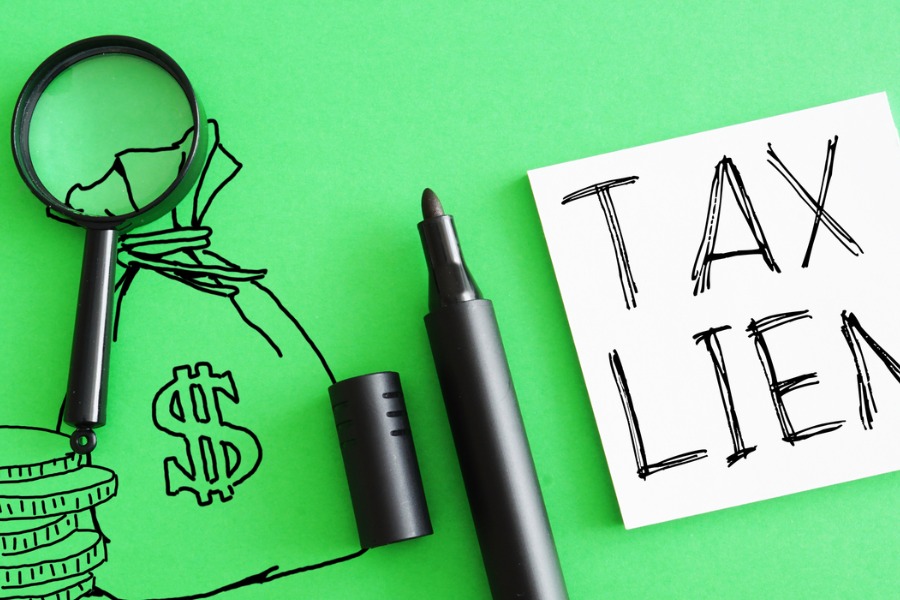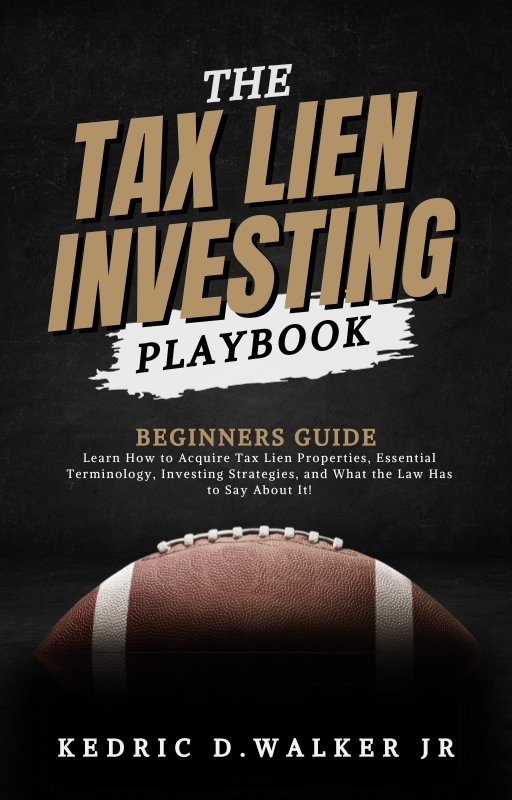All Categories
Featured
Table of Contents
In most cases, you will need to outbid various other capitalists by supplying to pay a greater premium (what is tax lien certificate investing). This premium is generally less than the real quantity of taxes owed, yet it's up to the investor to choose if the risk is worth the collection incentive. In most areas, real estate tax are around one percent of the property's value

Tax lien capitalists make their cash on the rate of interest repayments they gather when the homeowner repays the taxes they owe. In some places, these passion rates are as high as 18 percent, which is a lot more than the average credit history card rates of interest. Homeowner can pay what they owe simultaneously, or they can go on a layaway plan varying from one to three years.
What Is Tax Lien Real Estate Investing
In the above example, a person with an impressive tax financial debt of $4k (2 years of back tax obligations) would certainly be offering a tax obligation lien holder with possibly approximately $720 in passion repayments, collaborating with the 18 percent rate of interest rate we mentioned previously. Among the best benefits to tax obligation lien financiers is the potential to acquire a new residential property for their property profile, without needing to pay its market price.

It's a win-win situation for the tax obligation lien financier. There are some cons to tax lien investing.
As soon as the lien is paid, the investor has to proceed and seek a brand-new financial investment. Certainly, if the homeowner is still in default, the lien owner will acquire the property, which might come to be a repeating income. Someone that purchases a tax lien might locate themselves entangled with other liens on the residential property, specifically if they wind up claiming the property in the occasion that the debt goes unsettled.
This might result in great deals of legal battles, which is why it's crucial to collaborate with legal representatives and tax obligation experts that understand things like act vs title. and can aid with doing due diligence on a building. The regulations around tax obligation lien investing (and associated issueslike foreclosing on lessees) are not consistent throughout states that use financiers the capacity to take part in a tax lien sale.
Provided that tax obligation liens are usually cost auction, completing prospective buyers will bid up the costs and bid down the rate of interest that can be collected on the overdue tax obligations. The champion of the public auction will certainly be the genuine estate financier who is paying the highest premium and getting the least expensive rates of interest in return.
Investing In Tax Liens Risks
In this capillary, tax lien investing is a bit much more sport-like than traditional passive methods of earning income. The initial thing you'll want to do is obtain aware of the location you're considering in regards to the property market. Bear in mind that one upside of becoming a lienholder is accumulating the residential or commercial property if the debt goes overdue, so you will require to understand where that property is.
Once you have actually figured out these information out, you require to contact your neighborhood area treasurer's office to figure out when and where the following tax lien auction is being held. These auctions are often held in individual, however in today's day and age, most of have transitioned to on the internet venues.

A lot of local documents publish these lists yearly or semiannually. This can give you an excellent concept regarding upcoming opportunities. Keep in mind that building tax obligations are typically one percent of the residential property worth, but unpaid taxes accumulating over numerous years may be a more large amount. You can utilize your very own money books or explore alternatives like property crowdfunding to obtain the resources you need.
Real Estate Tax Lien Investments For Tax Advantaged Returns
it has the added perk of getting the home if the debt continues to be overdue. While it can be a lucrative opportunity for the financier, it does need some tactical maneuvering. Tenants and homeowner do have lawful protections that make tax obligation lien investing a more involved process than simply bidding to purchase a financial debt and waiting to collect the repayment.
Purchasing tax obligation liens entails buying a lawful insurance claim on a residential property as a result of unsettled residential property tax obligations. This approach of investing has actually gotten popularity due to its capacity for high returns with relatively reduced first resources. Tax obligation liens are normally offered at auctions, and the process can vary depending on the place.

Capitalists look for out tax obligation liens for several reasons: 1. Reduced First Financial investment: Tax obligation lien investing usually requires a tiny amount of money to begin, making it accessible to a broad variety of investors.
Best Tax Lien States For Investing
Home Procurement: If the building owner stops working to pay the overdue tax obligations and rate of interest within the redemption period, the financier might have the right to seize and acquire the home. When capitalists acquire a tax obligation lien, they pay the overdue taxes on a residential property and obtain a tax obligation lien certificate.
Settlement by the Property Proprietor: The residential property proprietor pays off the past due taxes plus interest within a given period, and the financier obtains the repayment with passion. Repossession: If the building proprietor does not settle the tax obligations within the redemption duration, the investor can start repossession proceedings to acquire the property.
The self-directed IRA acquisitions the lien certificate and pays linked charges. Tax Lien: The federal government markets a lien on the residential or commercial property due to overdue taxes.
What Is Tax Lien Real Estate Investing
Tax Deed: The federal government markets the real action to the property at auction. The winning prospective buyer obtains possession of the residential property instantly. Some states utilize a hybrid method, where a lien might bring about a deed sale otherwise settled. According to the National Tax Lien Organization (NTLA), 36 states and 2,500 territories within the United States enable for the sale of tax liens, while only 31 states enable tax act sales.
Latest Posts
Buying Back Tax Properties
Land Tax Sales
Tax Lien Investing Scam